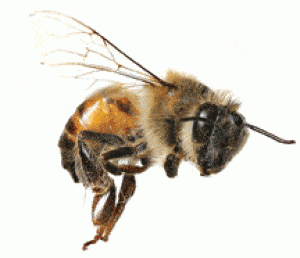Homeopathy. 2014 Apr;103(2):127-32. doi: 10.1016/j.homp.2014.01.003.
Abstract
BACKGROUND:
Diluted preparations obtained from Apis mellifica are reported in the homeopathic literature to have anti-inflammatory activity. The present study was designed to explore the effects on global gene expression profiles of human cells by means of microarrays, using Apis mellifica mother tincture (TM) and its 3C, 5C, 7C dynamized dilutions; the technique employed allowed us to study the changes in gene expression at concentrations much lower than those associated with pharmacological responses.
METHODS:
An RWPE-1 cell line (human immortalized prostate epithelial cells) was used to study the effects on global gene expression by transcriptomic analysis.
RESULTS:
Apis mellifica TM and its 3C, 5C, 7C dynamized dilutions modulated hundreds of genes; using cluster analysis we observed groups of genes up- or down-regulated with similar expression profiles among treatments; other genes showed opposite regulation profiles at low and high dilutions of Apis mellifica, suggesting a hormetic response. In particular, genes involved in cytokine expression, inflammatory processes, anti-oxidative responses and proteasome degradation were differentially, and sometimes divergently expressed by the TM or by Apis mellifica 3C, 5C and 7C dilutions. We confirmed these data by RT-PCR analyses on 5 selected candidate genes (IL1β, CD46, ATF1, UBE2Q2 and MT1X).
CONCLUSIONS:
Apis mellifica TM modifies gene expression in human cells and has inhibitory effects on regulatory processes of inflammation; in addition, extremely diluted dynamized dilutions (3C, 5C and 7C) still exert significant effects on genes involved in inflammation and oxidative stress.
Copyright © 2014 The Faculty of Homeopathy. Published by Elsevier Ltd. All rights reserved.
KEYWORDS:
Apis mellifica; Gene expression; Homeopathic dilutions; Inflammation; homeopathy
from Pubmed http://www.ncbi.nlm.nih.gov/pubmed/24685417





